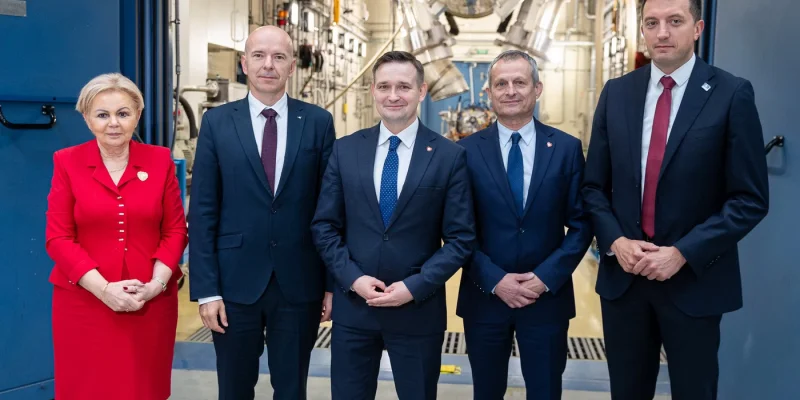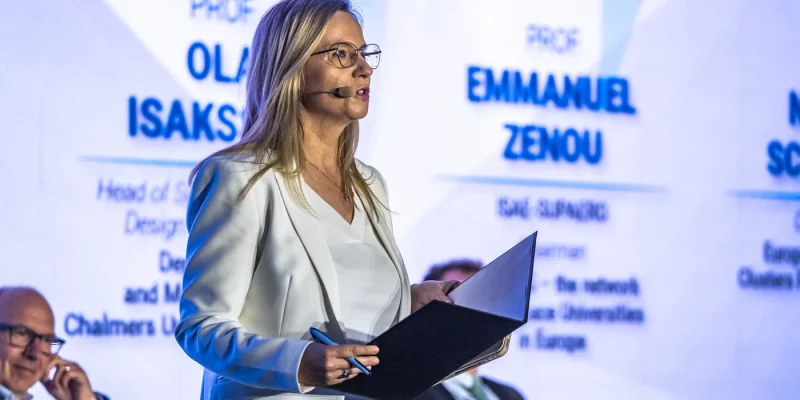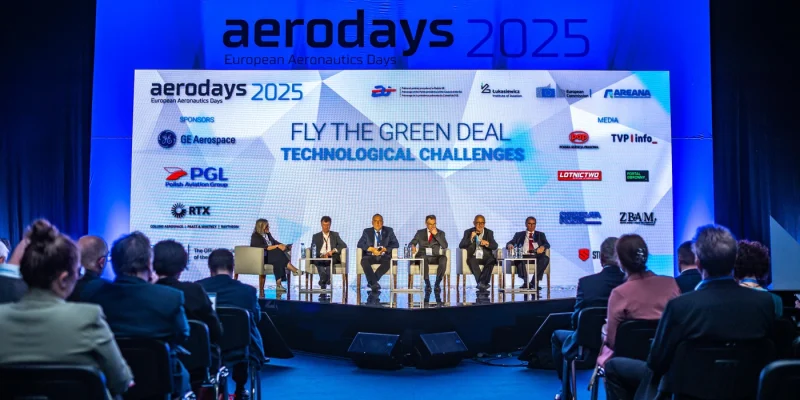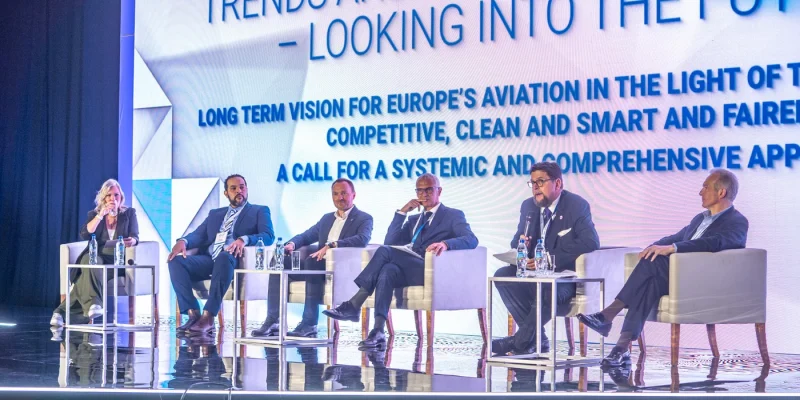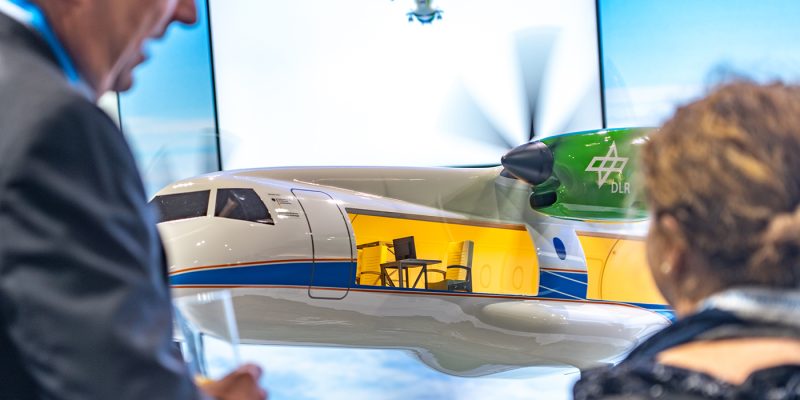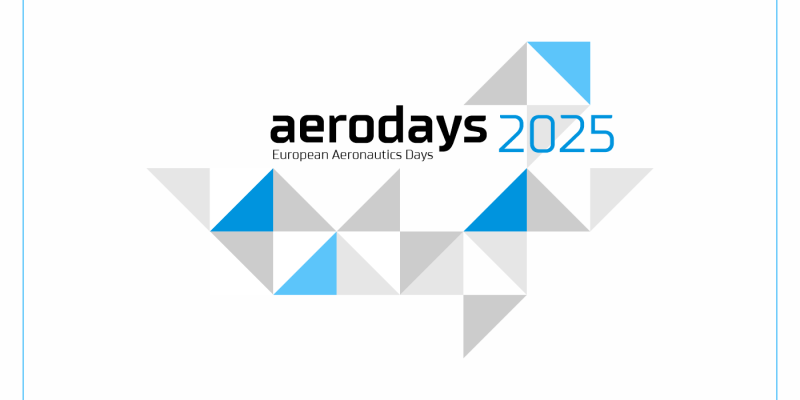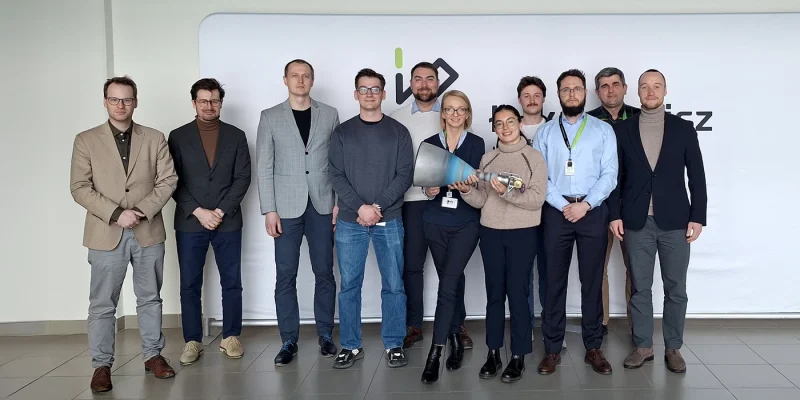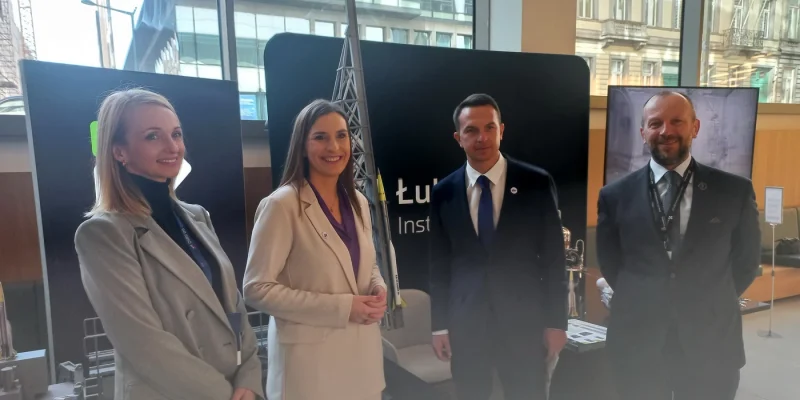The wrap-up conference for the ESPOSA research project (Efficient Systems and Propulsion for Small Aircraft) was held on 31 May-2 June 2016 at the Institute of Aviation. After five years of research, the involvement of nearly 100 experts and the budget of 38 milion euro, the aviation industry is significantly closer to building a system that will fill the gap between surface transportation system and the scheduled flights of large airplanes.
The conference was attended by the most important people involved in conducting and coordinating of the project. The ESPOSA 4th and Final Meeting was led by the project co-ordinator Zdenek Palat (PBS, Czech Republic) and the project administrator – Karel Paiger (VZLU, Czech Republic). At the invitation of the project coordinators, the Institute of Aviation hosted the European Commission experts under the chairmanship of Dr. Dietrich Knoerzer (along with a team of: Teresa Berruti, Grigorios Freskos, Joao Torres ) and experts invited to the workshops and to the accompanying gala dinner.
The goal of the ESPOSA project is to develop new key components for small gas turbine engines up to 1000 kW and to develop new lean manufacture technologies. The project also deals with engine related systems that will contribute to the overall propulsion unit efficiency, safety and pilot workload reduction.
The role of the Institute of Aviation experts in the project was to test 169-250 hp power train in the I- 31T aircraft (photo gallery) , which is a new technology demonstrator (see the video from the first test flight). The main designer of the aircraft is Paweł Guła and conducting flight tests – Marek Idzikowski. Success, however, would not have been possible without the commitment of all the members of the ESPOSA project team at the Institute of Aviation.
– I hope this is our starting point for the future and it proves you it’s possible to produce a new class of small planes with turboprop engines – said Krzysztof Piwek, a coordinator of SP-7 sub-project at the Institute of Aviation. Within this sub-project lay the engine integration on four aircraft (installation and flight tests). Two of the three work packages in this sub-project for the Institute of Aviation was led by Andrzej Iwaniuk .
According to the experts involved in the project, the use of new propulsion systems will increase productivity and reduce operating costs by about 10 % to 14 %. The new engines will also reduce fumes.
– Planes with turboprop engines are relatively new. At the moment there are very few companies that offer this type of aircraft to the market – added Jerzy Żółtak, the director of the Center of New Technologies and the leader of the ESPOSA project at the Institute of Aviation.
The participants of the conference – representatives of 40 companies and research institutions from 15 countries – had the opportunity to see the results of their research work at the aircraft display of the demonstrators that took part in the project. Among the machines that serve as research platforms were the aicraft: I-31 T (Institute of Aviation), Orka (Margański & Mysłowski ) and the helicopter T-250 (IRI). The ESPOSA project will end officially at the end of August, with the final report containing conclusions and recommendations stemming from the project.


